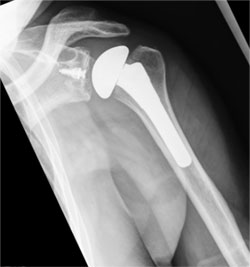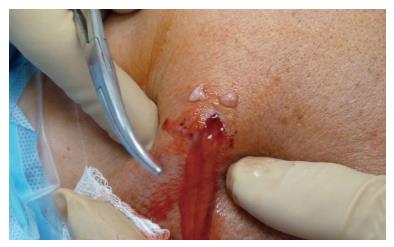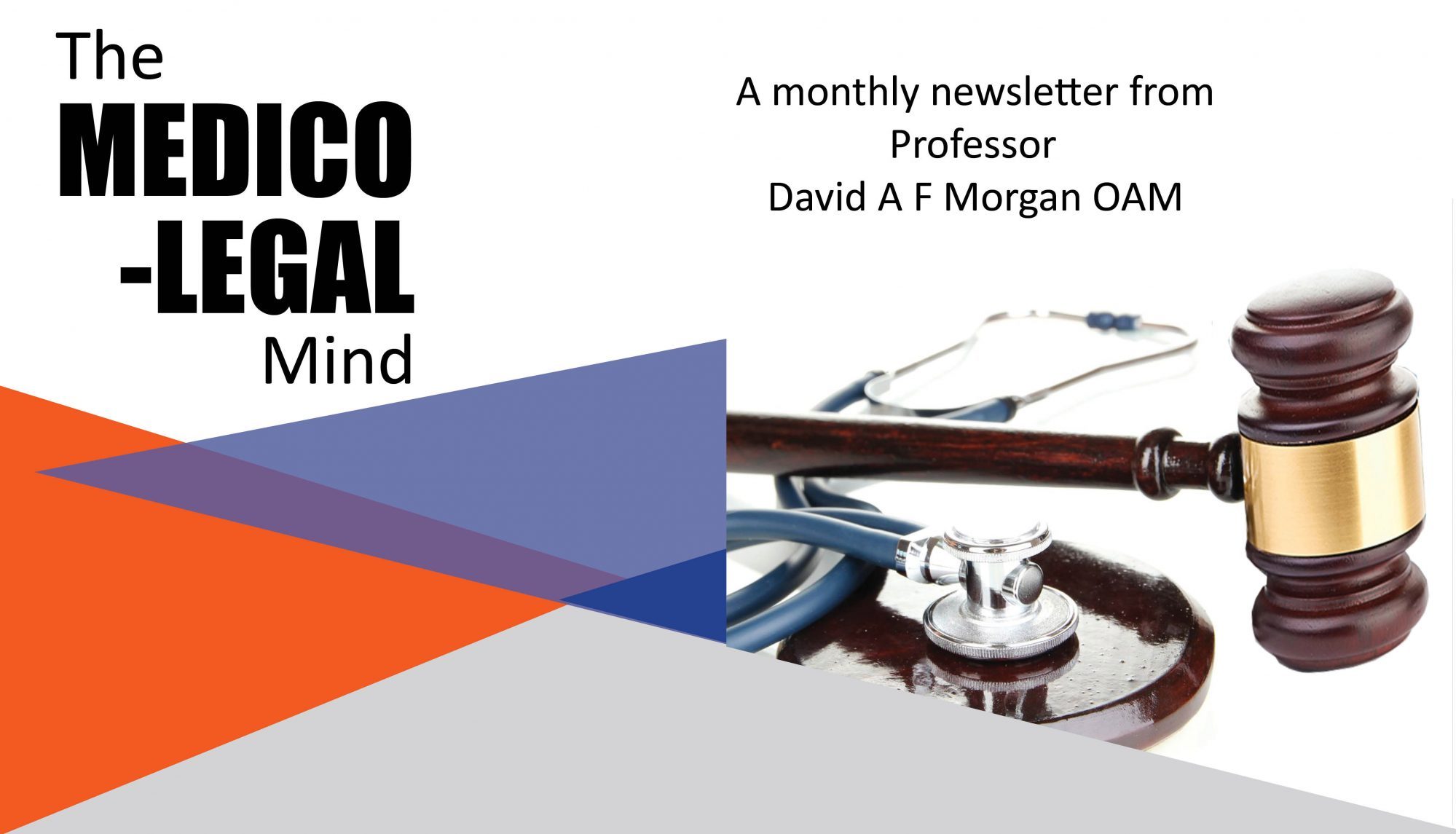GENERAL ADVICE – NOVEMBER 2018
Medical Negligence – The Most Bitter Pill Of All
I suppose less than 10% of my medicolegal practice deals specifically with issues of medical negligence. That ratio is predicated by the frequency of medical misadventure being relatively low, the incidence of workplace and road traffic accidents being relatively high and a perceived disinclination for patients to sue their doctor.
I would hope that the frequency of road traffic accidents is reducing and similarly, with the younger generation becoming more populous and vocal, I expect that the previously held respect for medical practitioners will gradually diminish. It could be reasonably argued therefore that maybe medical negligence issues will begin to occupy a greater proportion of this pie.

Medical school training has changed dramatically over the last few years. My son is a penultimate year student at Griffith University and I am surprised at the breadth, depth and intricacy of his knowledge, and the expectations placed upon these students prior to graduation. Many of them are exhibiting talents that would have exceeded some of my colleagues as registrars, let alone interns or house officers.
With greater knowledge and experience comes the potential for reducing medical negligence. Whilst this is not a directly proportional equation, the link is probably stronger than just a grandiose wish.
In pursuing a negligence claim, it is important to separate expected complications from perceptions of under-performance by a practitioner. There are occasions when a surgeon might choose the correct operation, perform it appropriately and exercise due skill and care in the peri-operative period. That excellent start however can be let down dramatically by a failure to astutely and carefully follow that patient post operatively. I recall a case recently that fits into this exact category. She had undergone shoulder surgery, which outwardly appeared to be very well done. Unfortunately, her next follow up visit was six weeks later. The treating Orthopaedic Surgeon had delegated that six weeks of post-operative surveillance to a General Practitioner who was ill-equipped and under-skilled for such a task. By the time she re-presented at the six weeks stage, her shoulder joint was full of pus.

On the balance of probabilities, had she been seen sooner, investigated appropriately and managed aggressively, her final outcome may have been much better. Whilst the case still lies before the Court, I fully expect her to be successful with her claim.
The Question and Answer Corner
Dear Professor Morgan
I have a client who sustained a cervical spinal “whiplash” injury in a motor vehicle accident. I initially sent her to a Neurosurgeon for a medicolegal assessment. The consultation took place about nine months after the road traffic accident. The Neurosurgeon gave her a whole person impairment of 8% and he based this upon DRE Category 2 in the AMA 5 Guides.
The defendant’s solicitor subsequently referred her to you. You saw her about 16 months following the accident. You gave her a 0% impairment. You can imagine my client’s disenchantment! How can this happen?
Yours sincerely
GT”
Dear GT
You have my sympathy. There are several possible reasons for this apparent discrepancy in the assessments:
1. It is possible that your client had not reached a state of Maximal Medical Improvement when she was assessed by the Neurosurgeon. Cervical spinal injuries of this nature frequently take up to 18 months to either settle or resolve. It may be that the original assessment was premature. The AMA 5 Guides provide a specific warning about this matter
.
2. The AMA 5 Guides are based upon objective findings at the time of the clinical examination. With DRE-2 assessment, the examiner is focussing upon asymmetric movements and not just limited movements. This is a common cause for confusion.
3. It is also possible that your plaintiff was experiencing pain emanating from another anatomical location and not pathologically linked with the subject accident.
Yours sincerely
David Morgan
“Dear Professor Morgan
I enjoy your newsletter very much and see it as a great contribution. There are times however when you appear to be obliquely critical and I am not quite sure who or what the real target is. Can you be more direct?
Yours sincerely
BG”
Dear BG
What a compliment! I am usually being criticised for being far too direct.
Whilst we will often have opinions that differ, it is important that the argument is depersonalised and that the issue is attacked rather than the holder of the opinion. For this reason primarily, I do attempt to depersonalise my comments and allow the reader to either interpolate or extrapolate as he or she may desire.
If you are ever irritated sufficiently by one of my comments, feel free to write at a personal level. It would be a pleasure to engage further.
Yours sincerely
David Morgan
